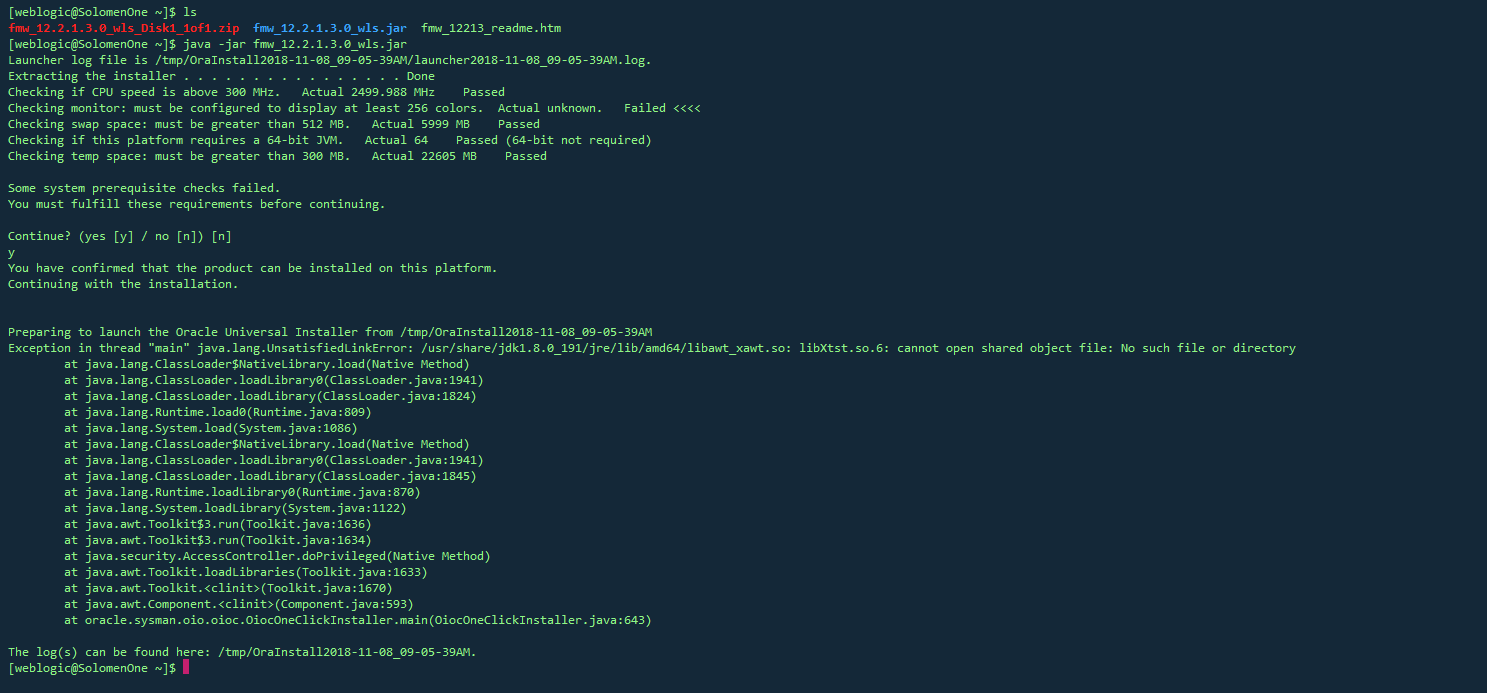What should print (-2 ** 2) return? According to my calculations it should be 4, but interpreter returns -4.
Is this Python's thing or my math is that terrible?
问题:
回答1:
According to docs, ** has higher precedence than -, thus your code is equivalent to -(2 ** 2). To get the desired result you could put -2 into parentheses
>>> (-2) ** 2
4
or use built-in pow function
>>> pow(-2, 2)
4
or math.pow function (returning float value)
>>> import math
>>> math.pow(-2, 2)
4.0
回答2:
The ** operation is done before the minus. To get the results expected, you should do
print ((-2) ** 2)
From the documentation:
Thus, in an unparenthesized sequence of power and unary operators, the operators are evaluated from right to left (this does not constrain the evaluation order for the operands):
-1**2results in-1.
A full detail of operators precedence is also available in the documentation. You can see the last line is (expr) which force the expr to be evaluated before being used, hence the result of (-2) ** 2 = 4
回答3:
you can also use math library...
math.pow(-2,2) --> 4
-math.pow(2,2) --> -4
math.pow(4,0.5) --> 2
回答4:
Python has a problem and does not see the -2 as a number. This seems to be by design as it is mentioned in the docs.
-2 is interpreted as -(2) {unary minus to positive number 2}
That usually doesn't give a problem but in -a ** 2 the ** has higher priority as - and so with - interpreted as a unary operatoe instead of part of the number -2 ** 2 evaluates to -2 instead of 2.


